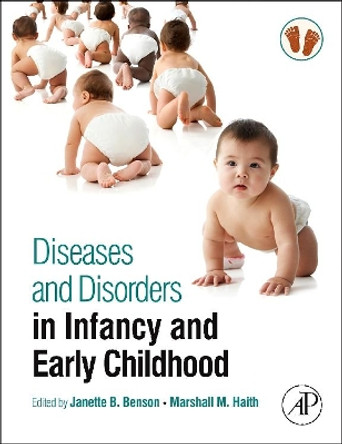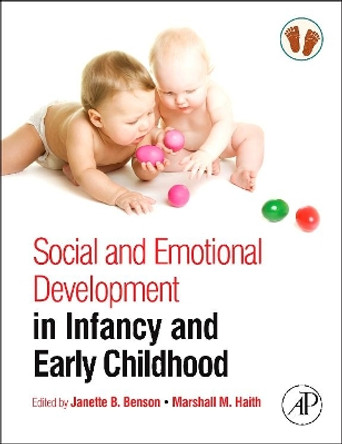Quantitative genetics offers a general theory of the development of individual differences that suggests novel concepts and research strategies: the idea that genetic influences operate in age-to-age change as well as in continuity for example. Quantitative genetics also provides powerful methods to address questions of change and continuity, including model-fitting approaches that test the fit between a specific model of genetic and environmental influences and observed correlations among family members, which are here helpfully introduced. A simple parent and offspring model is extended to include longitudinal and multivariate analyses. Longitudinal quantitative genetic research is essential to the understanding of developmental change and continuity. The largest and longest longitudinal adoption study is the Colorado Adoption Project, which has generated much of the rich data on the progress from infancy to early childhood on which the authors draw throughout this 1988 book. Their conclusions about what we know, and what we need to learn, about the origins of individual differences will interest a wide range of readers.
This 1988 book uses quantitative genetics to offer a general theory of the development of individual differences, drawing upon the Colorado Adoption Project.Book InformationISBN 9780521343701
Author Robert PlominFormat Hardback
Page Count 360
Imprint Cambridge University PressPublisher Cambridge University Press
Weight(grams) 665g
Dimensions(mm) 234mm * 152mm * 24mm









